FAQ
BUYING & SELLING ON AUCTION
What is an auction?
An auction is a public sale in which goods, property, or services are sold to the highest bidder. Bidders compete against each other, with the highest bidder winning the item being auctioned.
How do I sell items at an auction?
To sell items at an auction, you need to consign your items to the auction house or list them on the EAMA online portal. The auction house will provide you with details on the consignment process, including fees, commission rates, and any requirements for listing your items.
How do auctions work?
Auctions typically start with an announcement or listing of items available for sale. Bidders place bids on these items, and the highest bid at the end of the auction wins. There are various types of auctions, including live auctions where bidding takes place in person, online auctions conducted over the internet, and silent auctions where bids are submitted privately.
What types of items are sold at auctions?
Auctions can sell a wide range of items, including antiques, artwork, collectibles, real estate, vehicles, machinery, and more. Essentially, any item of value that can be legally transferred from one party to another can be sold at auction.
How can I participate in an auction?
To participate in an auction, you typically need to register as a bidder. This may involve providing identification and financial information. Once registered, you can place bids on items either in person, online, or through proxy bidding, depending on the type of auction.
What is proxy bidding?
Proxy bidding allows bidders to submit their maximum bid for an item before the auction begins. The auction system then automatically increases the bid on behalf of the bidder, up to their maximum amount, as other bidders place competing bids. This allows bidders to remain competitive without constantly monitoring the auction.
What is a reserve price?
A reserve price is the minimum price that the seller is willing to accept for an item in an auction. If the highest bid does not meet or exceed the reserve price, the item may not be sold, and the auction may be extended or the item may be re-listed.
How do I pay for items I win at auction?
Payment methods vary depending on the auction platform and seller preferences. Common payment methods include cash, credit/debit cards, bank transfers, and cashier's checks. Payment terms are typically outlined in the auction terms and conditions.
Can you inspect items before bidding on auction?
In many cases, yes. Auction houses often allow bidders to inspect items in person before the auction begins. For online auctions, detailed descriptions and photographs are usually provided, and sometimes virtual inspections are available.
If I win on auction do I have to pay?
If you are the highest bidder at the end of an auction, you are typically required to complete the purchase by paying for the item and arranging for its pickup or delivery. Auction terms and conditions will outline the specific steps you need to take.
Do I have to pay fees when I win on auction?
Yes, there may be fees associated with participating in auctions, including buyer's premiums, registration fees, and shipping/handling fees. These fees vary depending on the auction house or platform and should be clearly outlined in the auction terms and conditions.
What types of items can I sell at auction?
You can sell a wide range of items at auction, including antiques, artwork, collectibles, real estate, vehicles, machinery, and more. Essentially, any item of value that can be legally transferred from one party to another can be sold at auction.
What are the fees associated with selling at auction?
Fees for selling at auction may include commission rates, listing fees, photography fees, and marketing expenses. These fees vary depending on the auction house or online platform and should be discussed with the auctioneer before consigning your items. When selling through EAMA our fees are very attractive
What happens if my item doesn't sell at auction?
If your item doesn't sell at auction, you may have the option to re-listit in a future auction, negotiate a private sale with interested buyers, or take back the item. Some auction houses may charge a re-listing fee for items that do not sell - We do not.
Can I set a minimum bid for my items?
Yes, you can set a minimum bid for your items, which is the starting bid amount at the beginning of the auction. This can help ensure that your items are not undersold, but it's important to set a minimum bid that is attractive to potential buyers.
 Hey,
Hey,Welcome Back View Orders
Get in touch with us
 Hi, I’m Amanda. Need help? Use the form below or email me at admin@eama.group
Hi, I’m Amanda. Need help? Use the form below or email me at admin@eama.group
Contact form
Asset Disposal & Remarketing Experts

Our aim at EAMA Group is to always provide the best advice and service, no matter how big or small your asset disposal or remarketing requirements are, you will always receive the best advice on how to maximise returns on your assets.
.png?v=1702744829)
With a wealth of industry experience in asset disposal & remarketing via auction, we pride ourselves on simplifying the process of turning your surplus assets into cash.
.png?v=1702744889)
Our varied sector portfolio enables us to be at the forefront with market intelligence across the following sectors - Automotive, Industrial, Consumer and Retail, Business Downsizing & Overstock.
